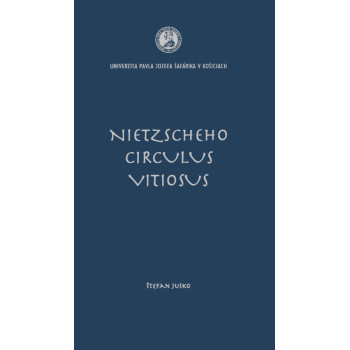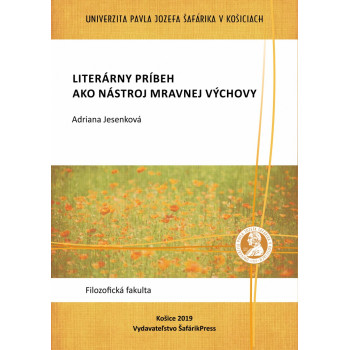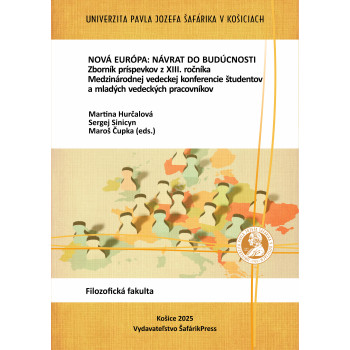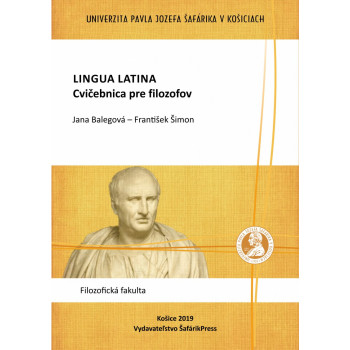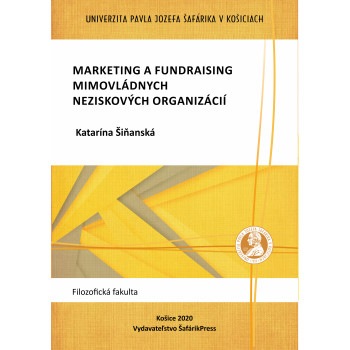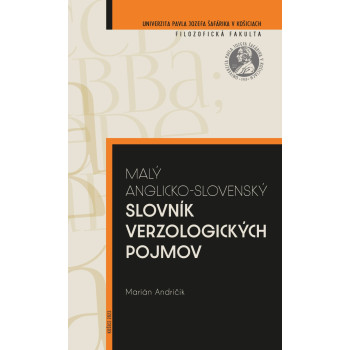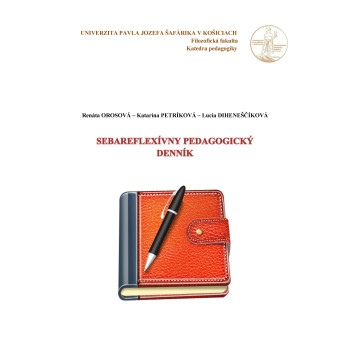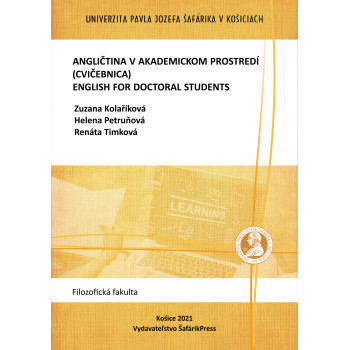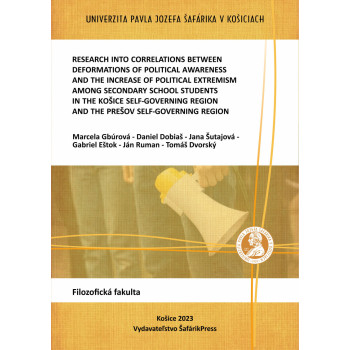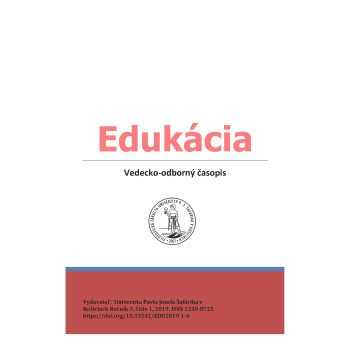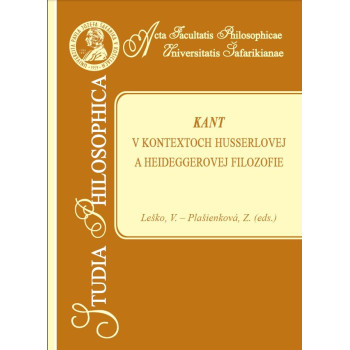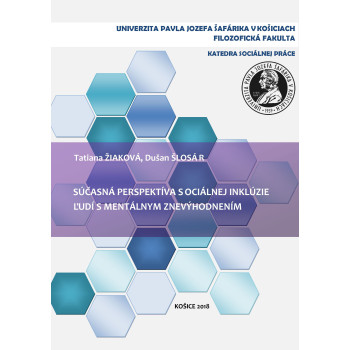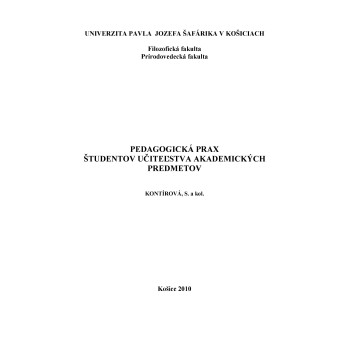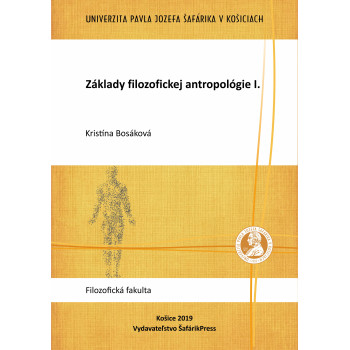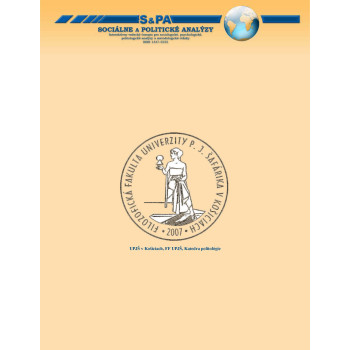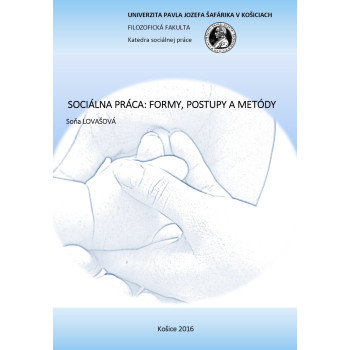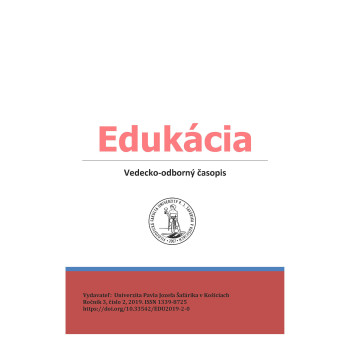
NIETZSCHEHO CIRCULUS VITIOSUS
E-publication
This monograph aims at following the study of P. S. Loeb in which he presented a significant turning point in the issue of the interpretation of Nietzsche's idea of the eternal return of the same. What was that reversal? Despite prominent scholars of Nietzsche's philosophy of the 20th century who rejected the idea of eternal return because of its logical incoherence, Loeb eruditely proved the temporal identity of eternal return of the same, thus verifying the logical connection of the idea concerned.



